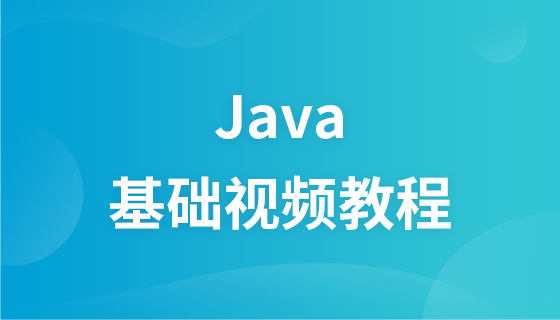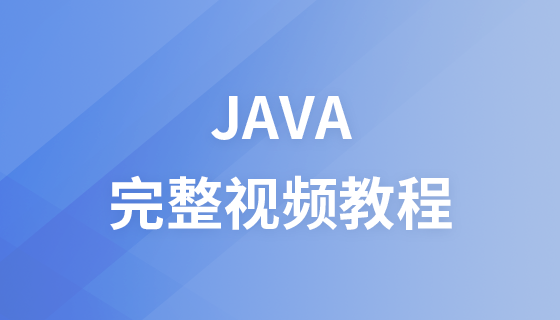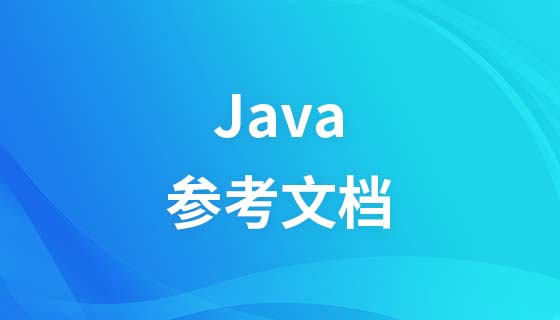假设我们有一个名为“Car”的类,它具有一些属性。我们创建了Car的两个对象,car1和car2,如何交换car1和car2的数据?

一个简单的解决方案是交换成员。例如,如果类Car只有一个integer(整数)属性“no”(Car number),我们可以通过简单地交换两辆车的成员来交换汽车。
class Car
{
int no;
Car(int no) { this.no = no; }
}
class Main
{
public static void swap(Car c1, Car c2)
{
int temp = c1.no;
c1.no = c2.no;
c2.no = temp;
}
public static void main(String[] args)
{
Car c1 = new Car(1);
Car c2 = new Car(2);
swap(c1, c2);
System.out.println("c1.no = " + c1.no);
System.out.println("c2.no = " + c2.no);
}
}输出:
c1.no = 2 c2.no = 1
如果我们不知道Car的成员呢?
上面的解决方案是有效的,因为我们知道Car中有一个成员“no”。如果我们不知道Car的成员或者成员列表太大怎么办。这是一种非常常见的情况,因为使用其他类的类可能无法访问其他类的成员。下面的解决方案有效吗?
class Car
{
int model, no;
Car(int model, int no)
{
this.model = model;
this.no = no;
}
void print()
{
System.out.println("no = " + no +
", model = " + model);
}
}
class Main
{
public static void swap(Car c1, Car c2)
{
Car temp = c1;
c1 = c2;
c2 = temp;
}
public static void main(String[] args)
{
Car c1 = new Car(101, 1);
Car c2 = new Car(202, 2);
swap(c1, c2);
c1.print();
c2.print();
}
}输出:
no = 1, model = 101 no = 2, model = 202
从上面的输出中我们可以看到,没有交换对象。参数在Java中是通过值传递的。因此,当我们将c1和c2传递给swap()时,swap()函数会创建这些引用的副本。
解决方案是使用Wrapper类如果我们创建一个包含Car引用的包装类,我们可以通过交换Wrapper类的引用来交换Car。
class Car
{
int model, no;
Car(int model, int no)
{
this.model = model;
this.no = no;
}
void print()
{
System.out.println("no = " + no +
", model = " + model);
}
}
class CarWrapper
{
Car c;
CarWrapper(Car c) {this.c = c;}
}
class Main
{
public static void swap(CarWrapper cw1,
CarWrapper cw2)
{
Car temp = cw1.c;
cw1.c = cw2.c;
cw2.c = temp;
}
public static void main(String[] args)
{
Car c1 = new Car(101, 1);
Car c2 = new Car(202, 2);
CarWrapper cw1 = new CarWrapper(c1);
CarWrapper cw2 = new CarWrapper(c2);
swap(cw1, cw2);
cw1.c.print();
cw2.c.print();
}
}输出:
no = 2, model = 202 no = 1, model = 101
因此,即使user 类无法访问要交换对象的类的成员,Wrapper类解决方案仍然有效。
相关推荐:《Java教程》
本篇文章就是关于Java交换对象的方法介绍,希望对需要的朋友有所帮助!
以上是如何在Java中交换对象数据?(代码实例)的详细内容。更多信息请关注PHP中文网其他相关文章!




